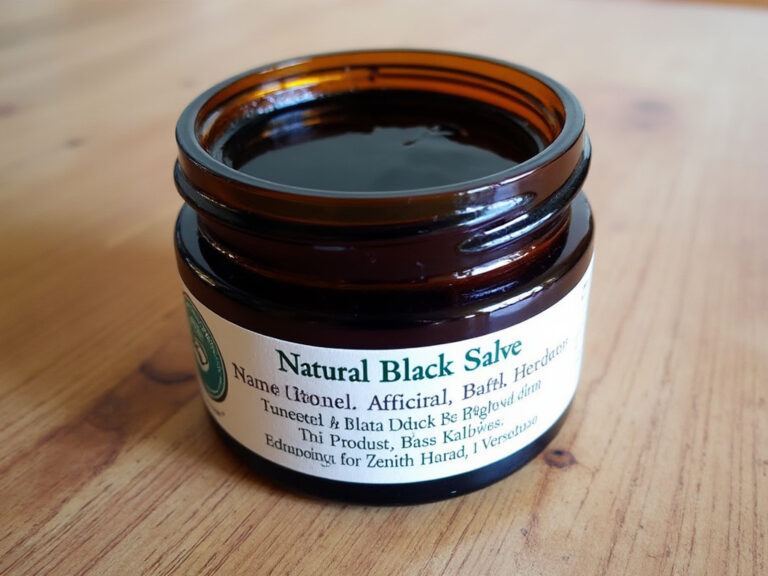
Pharmaceutical Executive Acknowledges Profit-Driven Approach to DMSO on National Television
Overview
Dimethyl sulfoxide (DMSO) is a non-steroidal anti-inflammatory compound with a proven safety profile and a multitude of potential applications. Despite its promise, it remains approved solely for veterinary use. A recent interview on CBS’s Sixty Minutes has brought to light the pharmaceutical industry’s reluctance to invest in DMSO, citing financial considerations as the primary deterrent.
The Admission
In a candid conversation with Mike Wallace on the program titled “The Riddle of DMSO,” a pharmaceutical executive openly acknowledged that financial incentives outweigh the potential benefits of DMSO to society. The executive stated, “Even if DMSO is the groundbreaking medical discovery of our era, it is not financially viable for us to invest in it.”
Regulatory Perspective
J. Richard Crout, Director of the FDA’s Center for Drug Evaluation and Research, concurred with this sentiment. He stated, “DMSO is a compound with low toxicity and a strong safety profile. However, it is an unfortunate reality that pharmaceutical companies are unlikely to invest in a substance unless it promises significant financial returns.”
Implications for Professional Integrity
This admission raises serious questions about the ethical considerations that guide the pharmaceutical industry and regulatory bodies. It challenges the notion that these entities are primarily motivated by the welfare of the people they are entrusted to serve.
The Scientific Credibility of DMSO
A query for DMSO in the U.S. National Library of Medicine returns nearly 30,000 indexed results, making it one of the most extensively researched compounds. Despite its proven efficacy and safety, DMSO remains unapproved for medical use.
Accessibility and Popularity
DMSO is an inexpensive, naturally occurring compound, which makes it ineligible for exclusive patenting. Despite its restricted status, it has gained considerable popularity through word-of-mouth endorsements. Thousands of Americans acquire it through unofficial channels each year, relying on its purported benefits for a range of ailments, some of which are life-threatening.
Conclusion
The recent revelations on Sixty Minutes serve as a stark reminder of the profit-driven motives that can influence pharmaceutical and regulatory decisions. As the debate around DMSO continues, it is crucial for all stakeholders to reevaluate the ethical implications of such a stance and consider the broader societal impact.



